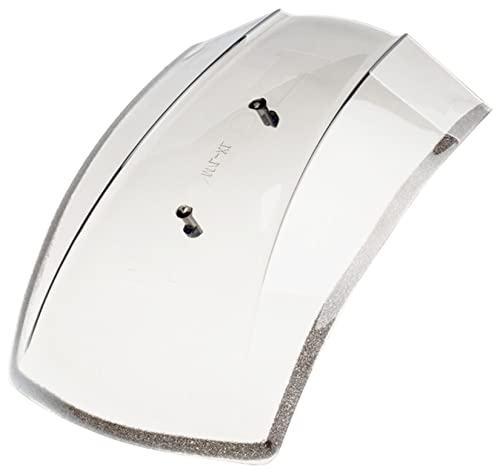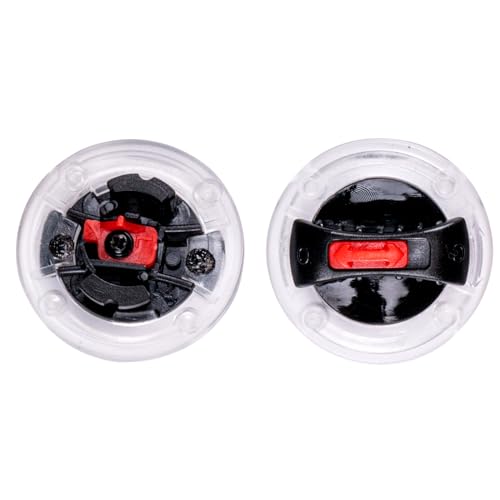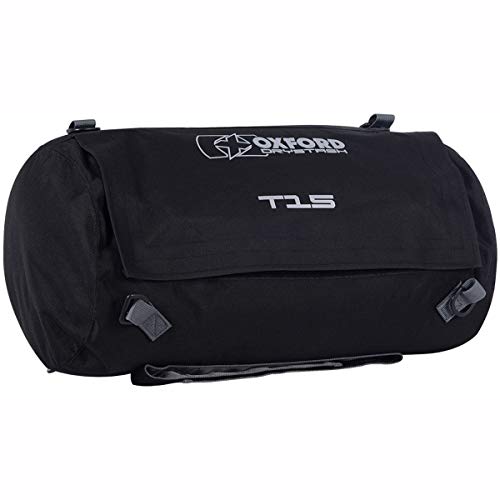Road trial yesterday went well. Adjusted several VE table cells to bring engine operation into line with the 14.7 air-fuel mixture. Hear the exhaust "burble" every now and then, looking into this. I have read that some OEMs have calibrated the engine tune in and around the cruising range so that the AFR is at or close to stoichiometric ratio of 14.7. I have done the same and the engine is operating well with this philosophy.
I looked into the exhaust "burble" (could be from the engine cylinder when the exhaust valve is opened) in respect to another engine tune parameter - RPMs per second (RPM/s). This parameter indicates a change in RPM/s that is either positive or negative, or spot on. I'm thinking that this would indicate a richer fuelling condition when positive and leaner fuelling condition when negative, and may be related to the "burble" I am hearing. This "burble" could be slight misfires when the RPM/s dips into the negative zone. I checked the RPM/s data in MegaLogViewer (MLV) and there were a few RPM/kPa cells in th negative zone. Added a bit more fuel in these cell areas. For cells that were too positive (not many), reduced in these cells. Thinking I should aim for a slightly positive RPM/s in all cells.
Understanding how the ECU engine tune applies these table cell values is necessary. Speeduino or any other ECU, interpolates operating values based on the table cell value in question, in conjunction with the table cell values that surround the table cell in question. This picture is an example of the VE (fuel) table cell values:

The cell value circled is 47 at an engine load of 84 kPa and 2000 RPM. The cell values bordering are used in interpolating the required fuel percentage. The average of the nine cell values in question is a VE of 45 - two points lower than in the table - leaner fuel mixture. Not only do you have to consider the cell value in question, but what is around it. In this case if the aggregate value of 45 is lean, some adjustment may be required. Another strategy as the engine tune progresses is to adjust the periphery cell(s) to minimize the change to the cell value in question, may be better than adjusting the cell value in question. The cell values outside the 9 cell values circled can also affect the cell value in question. Balancing act.
As an aside, I am noticing that the engine "pulls" better at the lower RPM ranges in a higher gear. Thinking to what I have read on other forums is that the original engine tune ignition and fuelling profiles were a significant compromise. It was quite easy to "lug" the engine with the original OEM CFI engine tune. The fix for this was to operate the engine above the 2500/2800 engine RPM - getting into the power range.
This may be because the engine tuning parameters I am using are different - good possibility. Tuning strategy may be similar to that from 40 years ago, but the toys (tools - software and such) are better, a lot more is available for us DIY backyard mechanics. Being able to adjust the various operating tables, and EFI component settings such as coils and injectors can't hurt. Let's not forget the "Oracle", the on-line resources.
Great learning experience. Cheers
I looked into the exhaust "burble" (could be from the engine cylinder when the exhaust valve is opened) in respect to another engine tune parameter - RPMs per second (RPM/s). This parameter indicates a change in RPM/s that is either positive or negative, or spot on. I'm thinking that this would indicate a richer fuelling condition when positive and leaner fuelling condition when negative, and may be related to the "burble" I am hearing. This "burble" could be slight misfires when the RPM/s dips into the negative zone. I checked the RPM/s data in MegaLogViewer (MLV) and there were a few RPM/kPa cells in th negative zone. Added a bit more fuel in these cell areas. For cells that were too positive (not many), reduced in these cells. Thinking I should aim for a slightly positive RPM/s in all cells.
Understanding how the ECU engine tune applies these table cell values is necessary. Speeduino or any other ECU, interpolates operating values based on the table cell value in question, in conjunction with the table cell values that surround the table cell in question. This picture is an example of the VE (fuel) table cell values:

The cell value circled is 47 at an engine load of 84 kPa and 2000 RPM. The cell values bordering are used in interpolating the required fuel percentage. The average of the nine cell values in question is a VE of 45 - two points lower than in the table - leaner fuel mixture. Not only do you have to consider the cell value in question, but what is around it. In this case if the aggregate value of 45 is lean, some adjustment may be required. Another strategy as the engine tune progresses is to adjust the periphery cell(s) to minimize the change to the cell value in question, may be better than adjusting the cell value in question. The cell values outside the 9 cell values circled can also affect the cell value in question. Balancing act.
As an aside, I am noticing that the engine "pulls" better at the lower RPM ranges in a higher gear. Thinking to what I have read on other forums is that the original engine tune ignition and fuelling profiles were a significant compromise. It was quite easy to "lug" the engine with the original OEM CFI engine tune. The fix for this was to operate the engine above the 2500/2800 engine RPM - getting into the power range.
This may be because the engine tuning parameters I am using are different - good possibility. Tuning strategy may be similar to that from 40 years ago, but the toys (tools - software and such) are better, a lot more is available for us DIY backyard mechanics. Being able to adjust the various operating tables, and EFI component settings such as coils and injectors can't hurt. Let's not forget the "Oracle", the on-line resources.
Great learning experience. Cheers





















































